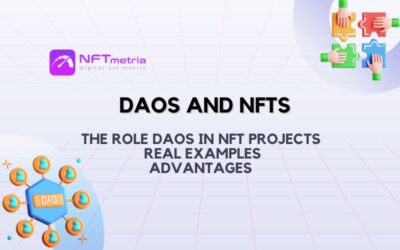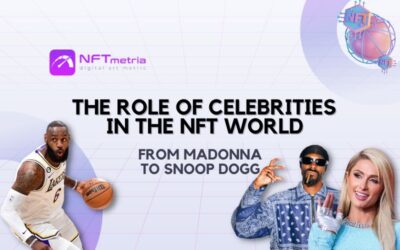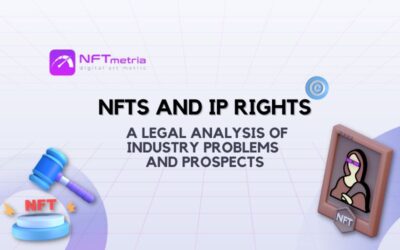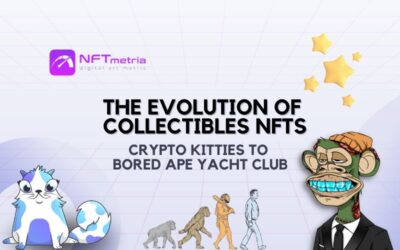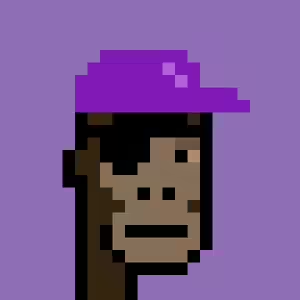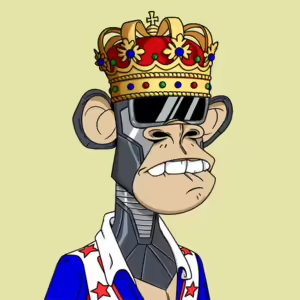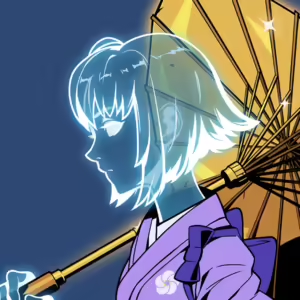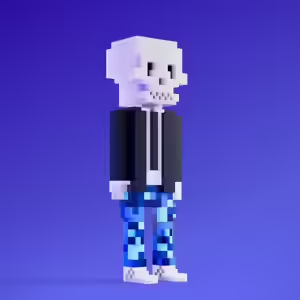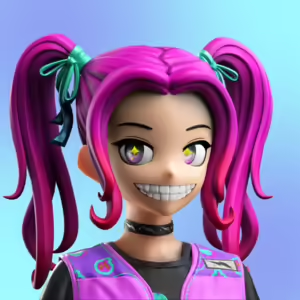In the ever-evolving landscape of Web 3.0, the convergence of Decentralized Autonomous Organizations (DAOs) and NFTs has ushered in a transformative era, redefining digital asset management and governance. This article delves deep into the intricate relationship between DAOs and NFTs, exploring their mechanisms, advantages, challenges, and real-world applications, underscoring the dawn of a new age in decentralized governance.
Understanding DAOs: Foundations of Decentralized Governance
A Decentralized Autonomous Organization, or DAO, stands as a community-driven entity governed by tokens or NFTs that confer voting privileges upon members. Operated through smart contracts, DAOs automatically execute specified commands when predetermined conditions are met. Uniting decentralization and autonomy, Decentralized Autonomous Organizations store their rules on an open-sourced blockchain, accessible to anyone interested. Unlike conventional organizations, DAOs lack a central authority, relying on proposals shared with the community. Members collectively vote on these proposals, shaping the organization’s trajectory.
In essence, a DAO mirrors a corporation but operates without hierarchical constraints, championing a democratic and decentralized approach to governance. Decentralized Autonomous Organizations members aren’t bound by formal contracts; instead, their cohesion arises from shared goals and incentives outlined in the rules.
The role of DAOs in NFT projects
In the world of NFTs, a strong community is the key to success. NFT projects not only bring people together but also create a unique sense of belonging and status. People seek public recognition, and NFTs have become not just an investment but also a status symbol, comparable to wearing expensive watches in the real world.
In this context, Decentralized Autonomous Organizations play a crucial role in NFT projects:
- Enhancing the Sense of Community: On one hand, DAOs add a new level of belonging to the community, and on the other hand, they provide governance for these communities. There are numerous Decentralized Autonomous Organizations created specifically for purchasing NFTs. Participating in these DAOs allows individuals to become part of a larger community, interact with other members, make collective decisions, and enhance the utility of this community. While owning an NFT alone already provides a sense of belonging to the project, being a member of a DAO that buys these NFTs adds membership to a social hub.
- Enabling Self-Regulation and Transparent Governance: Decentralized Autonomous Organizations allow the community to be self-regulating and governed by transparent rules. For example, the well-known NFT-based game Axie Infinity claims it will gradually become a community-owned decentralized organization. This will enable players (community members) to vote on future decisions affecting the gameplay.
- Increasing the Value of NFTs through DAO Participation: DAOs not only assist in crowdfunding and investment but also support and market NFT projects, thereby increasing their value. Once again, the characteristic of Decentralized Autonomous Organizations allows for shared interests among community members. For instance, active members involved in marketing a product can be rewarded differently.
- Using NFT Tokens for DAO Governance: Important decisions within a DAO are made through collective voting based on the number of tokens owned. Recently, Decentralized Autonomous Organizations have emerged that use NFTs as voting tokens instead of ERC-20 tokens. These NFT tokens can capture the utility a member brings to the organization. This means users most useful to the DAO have the most influence on its governance and gain the most benefits.
For example, Mintable, an NFT marketplace operating as a DAO, rewards users with a MINT token indicating their voting power. When a transaction occurs on the Mintable marketplace, both the buyer and seller receive votes added to their NFTs or a newly minted NFT if they don’t already have one. By using NFTs, governance voters are not considered investors. This reduces the risk of market manipulation and ensures voting is controlled by users actively engaged with the platform.
Advantages of NFT-based DAOs
NFTs serve as the backbone of DAO functionality, offering several key advantages:
- Ownership and Membership Rights: NFTs represent ownership stakes and membership rights within Decentralized Autonomous Organizations, enhancing community engagement and fostering a sense of belonging.
- Asset Contributions: Creators tokenize assets as NFTs, contributing them to DAOs. This fosters fractional ownership, enabling the community to collectively benefit from the value generated by these digital assets.
- Innovative Voting Mechanisms: Decentralized Autonomous Organizations utilize NFTs for voting, ensuring secure and transparent decision-making processes. NFT-based voting mechanisms enhance trust and encourage active participation.
Challenges and Innovative Solutions in DAO-NFT Synergy
Despite the promises, challenges persist in the integration of DAOs and NFTs:
- Active Community Participation: Decentralized Autonomous Organizations must incentivize active participation to prevent decision-making centralization. Gamified incentives and token-based rewards enhance engagement, ensuring a vibrant and involved community.
- Scalability and Efficiency: Scalability concerns loom large. Innovative blockchain solutions, like layer 2 protocols, mitigate congestion, ensuring efficient operations even amid rising user numbers.
- Legal Frameworks: Establishing legal frameworks for DAOs remains a challenge. Collaborations with legal experts and policymakers are vital to navigate regulatory landscapes and foster industry-wide acceptance.
Real examples of the applicability of DAOs in NFT projects
Several pioneering projects highlight the potential of DAO-NFT collaboration:
- Rarible: This decentralized NFT marketplace, governed by the $RARI token, illustrates the power of community-driven curation and content creation, showcasing the potential for decentralized art markets.
- YGG DAO: Yield Guild Games empowers gamers by investing in gaming NFTs. Its sub-DAOs operate independently, reflecting the adaptability and diverse applications of Decentralized Autonomous Organizations in the gaming sector.
- PleasrDAO (Co-founded by Pplpleasr): By collectively purchasing high-value NFTs, PleasrDAO exemplifies collaborative ownership and community-driven enhancement of digital assets, demonstrating the potential for shared ownership in exclusive digital art.
- Loot for Adventures: This NFT project by Dom Hofmann captured significant attention by introducing a series of randomly generated items in the form of NFTs, laying the foundation for a gaming ecosystem powered by community engagement. Through Loot, adventure enthusiasts and gamers can possess and exchange unique items represented as NFTs. The dedicated community associated with Loot has gone a step further by establishing a Decentralized Autonomous Organization called Adventurers Guild. Within this guild, members propose and vote on various initiatives related to the Loot universe. The DAO facilitates collective decision-making, asset development, and the exploration of innovative gaming experiences.
- Nouns: At the center of this NFT project is the Nouns DAO, a kind of exclusive club open to holders of Nouns tokens. Each NFT gives its owner the right to vote when decisions are made in the Nouns DAO. Owning two Nouns allows you to make suggestions to the collector community. Nounders control a multi-sig wallet (which receives every 10th Noun from tokens issued within the first 5 years). By sponsoring the most interesting and unique projects, the Nouns Decentralized Autonomous Organization expects to increase the recognition of the created brand and expand the circle of its adherents.
These tangible instances merely scratch the surface of the vast applications of NFT-based DAOs. They underscore the revolutionary impact of this technology, fostering decentralization in decision-making, ownership, collaboration, and financing across diverse sectors. With the ongoing evolution of the ecosystem, we anticipate the rise of even more inventive uses and prosperous NFT-based DAOs. This trend will propel the future of Web 3.0, reshaping conventional paradigms of governance, ownership, and participation.
Opinion of NFTmetria
The integration of DAOs and NFTs represents a watershed moment in digital innovation. As these synergies evolve, they promise to reshape digital ownership, democratize decision-making, and empower diverse communities worldwide. With ongoing advancements, regulatory collaboration, and creative implementations, the future holds a decentralized, participatory, and equitable digital ecosystem, co-created by enthusiasts, artists, and innovators. Together, we are forging a future where ownership knows no bounds and creativity thrives in the hands of the many.

